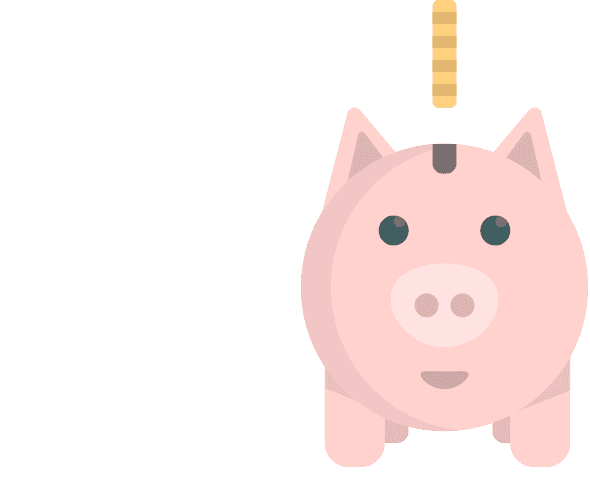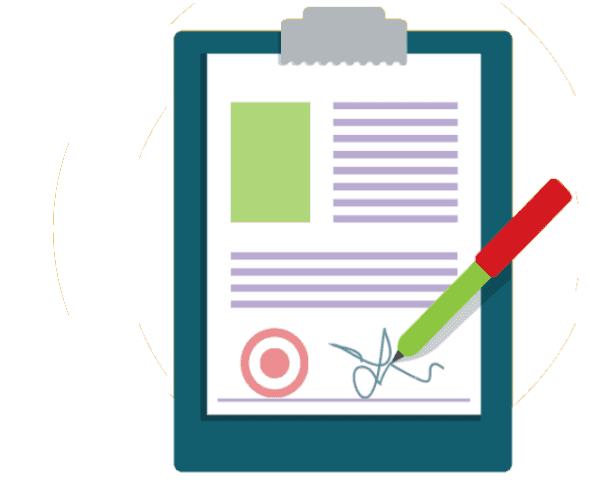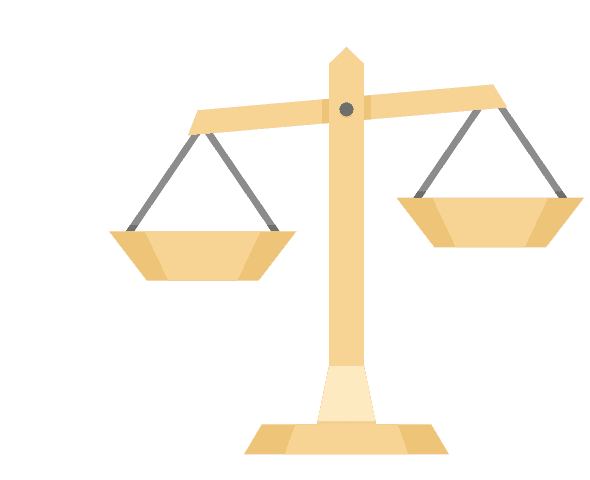One of the most important parts of the home buying process is applying and getting approved for a mortgage. While many people consider this to be an extremely complex application, applying for a mortgage can be a lot less daunting if you’re properly prepared for it. Before beginning your home search and application, it’s essential to consider what lenders are looking at. By understanding the key factors that affect your mortgage application, this not only makes the process a lot less stressful, but increases your chances for approval.
Credit Score
A credit score is a number given to you based on your repayment history with credit facilities such as credit cards, lines of credit and auto loan. It represents a judgment of the risk you pose to lenders at a specific point in time. The higher your credit score is, the less risk you pose. Your credit score is one of the primary factors that lenders look at to evaluate the strength of your mortgage application. It determines your eligibility for approval and your rate class. For example, many lenders have A and B classifications for applicants within specific credit score ranges. Typically, a credit score of 650 or above is generally the approval benchmark for lenders; however, this number could differ depending on the lender you’re working with.
Debt-to-Income Ratio
Before approving your mortgage application, lenders will evaluate your income versus your existing debts and your ability to manage those payments. This is referred to as your debt-to-income ratio. Your debt-to-income ratio calculates your total monthly debt (student loans, credit card debt, auto debt, lines of credit and more) divided by your gross monthly income, multiplied by 100. This gives lenders clear insight as to how you’ll be able to manage your monthly mortgage payments, while repaying any outstanding debt you may have. Another thing to keep in mind is that lenders can revisit and review your mortgage application at any time before your closing date. That said, it’s best to avoid taking on any additional debt or making large purchases on your credit card before applying for a mortgage and while your application is still pending.
Down Payment
Put simply, the more money you put toward your down payment, the less you need to borrow for a mortgage. The size of your down payment will also determine the type of mortgage you get. For example, if you make a down payment that’s less than 20%, you will get a high-ratio mortgage, which requires you to purchase CMHC insurance. CMHC insurance is required to protect lenders in the event you can’t make your mortgage payments. It’s a one-time expense and calculated as a percentage of your down payment. Alternatively, when you make a down payment that exceeds 20%, you will get a conventional mortgage. This type of mortgage doesn’t require CMHC insurance. Essentially, putting more money down makes you a lower-risk borrower in the eyes of lenders and increases your chances for approval.
Employment History
If you’re thinking about making a career change or quitting your current job, it’s wise to hold off before applying for a mortgage. Employment history is a key factor and measure of risk that lenders use to determine your eligibility for approval. Having a steady record of employment indicates to lenders that you have a stable source of monthly income and that you are equipped to meet your monthly mortgage payments. If you are employed full time, lenders will want to confirm you’ve been at your job for at least three months to ensure you’re past the probationary period. If you are self-employed, lenders will need at least two years of tax documents to average your income over that time.
Key Documentation
One of the most common reasons that mortgage applications and approvals are delayed is due to missing documentation. The best way to be prepared for the process is understanding the key documents your lender requires to review your application. These documents include government-issued ID, notice of assessments, tax documents, recent financial statements, a letter of employment, pay stubs and your current job description. Getting these documents in order in advance will accelerate the application process and provide direction on how you can best move forward.
If you’re in the market to buy a home, it’s essential to take each of these factors into consideration as you begin the mortgage application process. A great way to start is getting pre-approved with Homewise online and in just five minutes. Pre-approval will help you understand what you can afford so that you can enter the application process with all of your finances and ultimately, increase your chances for mortgage approval.








